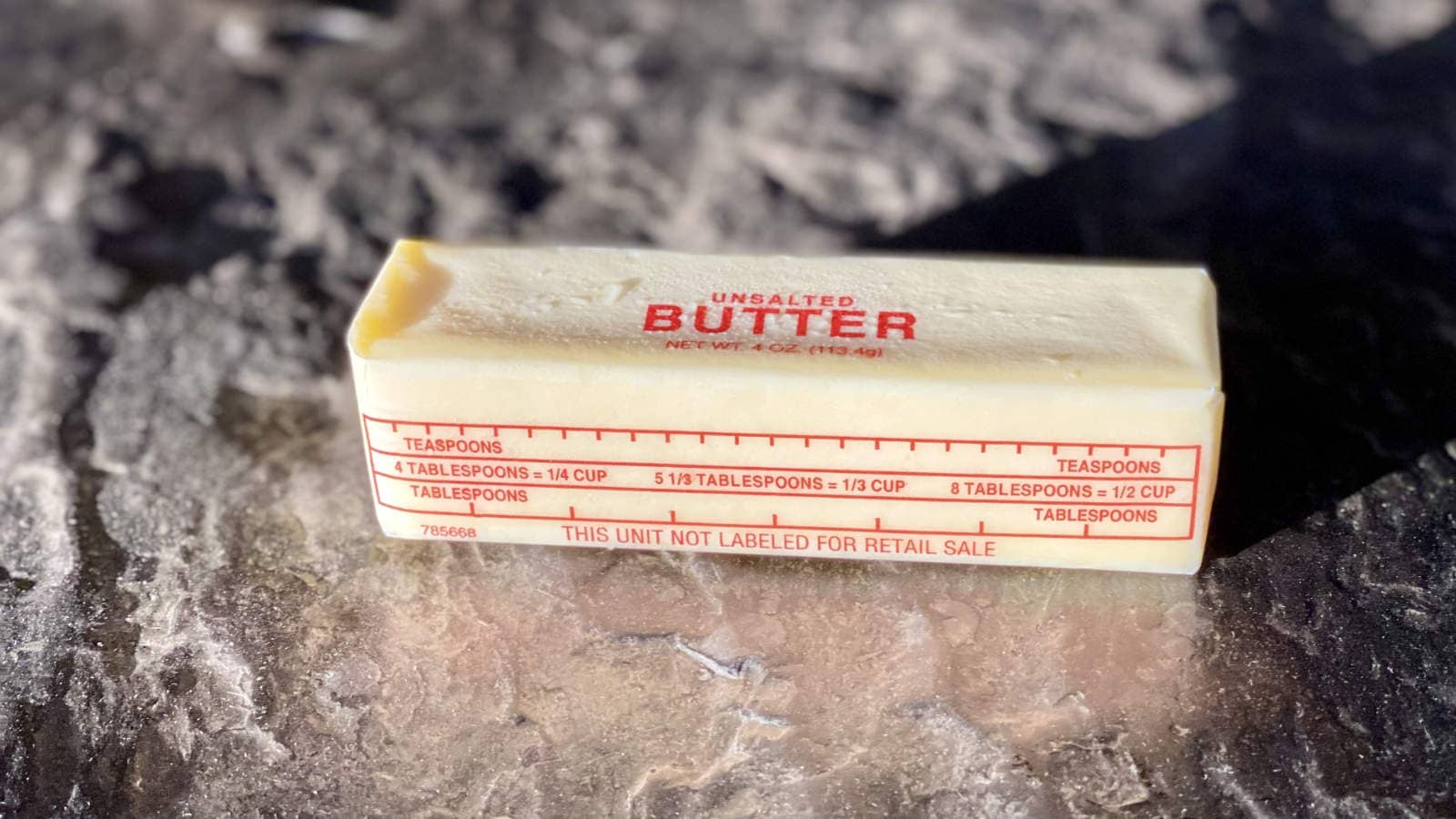

Discovering The Caloric Content Of Butter: How Many Calories In A Cup Of Butter?
Butter, a staple in many kitchens, is renowned for its rich flavor and versatility in cooking and baking. However, as health-conscious individuals become more aware of their dietary choices, understanding the caloric content of common ingredients like butter is essential. One common question that arises is, "How many calories are in a cup of butter?" This inquiry is not just about the numbers; it delves into the implications of incorporating butter into our diets and how it can affect our overall health.
In this article, we will explore the caloric value of butter, its nutritional profile, and how it fits into a balanced diet. With butter being used in a multitude of recipes, from pastries to savory dishes, knowing its caloric content can help you make informed decisions about your meals. As we navigate through this topic, we will address common questions and concerns regarding butter's role in our diets and its health implications.
As you read on, we will provide insights into the calorie count in a cup of butter, along with tips for healthier alternatives and practical ways to use butter in moderation. Whether you are a culinary enthusiast or simply trying to manage your calorie intake, understanding how many calories are in a cup of butter is vital for maintaining a balanced lifestyle.
What is the Caloric Content of Butter?
Butter is primarily composed of fat, which contributes to its high caloric content. On average, one cup of unsalted butter contains approximately 1,628 calories. This number can vary slightly depending on the brand and whether the butter is salted or unsalted. Understanding this caloric value is crucial for those who are monitoring their dietary intake.
How Many Calories in a Cup of Butter Compared to Other Fats?
When comparing butter to other fats commonly used in cooking, such as olive oil or coconut oil, one cup of butter has a relatively similar caloric count. For instance:
- One cup of olive oil contains about 1,955 calories.
- One cup of coconut oil has approximately 1,600 calories.
- One cup of margarine typically contains about 1,600 to 1,800 calories.
This highlights that while butter is calorie-dense, it is not significantly different from other high-fat cooking oils.
What Nutritional Benefits Does Butter Provide?
While butter is high in calories, it also offers several nutritional benefits. It is a source of:
- Vitamins A, D, E, and K, which are essential for various bodily functions.
- Conjugated linoleic acid (CLA), which may have health benefits such as supporting weight loss and improving immune function.
- Butyrate, a short-chain fatty acid that may promote gut health.
However, it is essential to consume butter in moderation due to its high saturated fat content, which can contribute to heart disease if consumed excessively.
Can You Substitute Butter in Recipes? What Are Some Alternatives?
For those looking to reduce their calorie intake or avoid butter altogether, there are several alternatives available:
- Applesauce: A great substitute in baking, applesauce can replace butter in equal amounts, reducing calories significantly.
- Greek Yogurt: This can be used in place of butter for a creamier texture with less fat.
- Avocado: Mashed avocado can be a healthy and flavorful alternative to butter in many recipes.
- Margarine: While still calorie-dense, margarine is often lower in saturated fat.
Experimenting with these substitutes can help you maintain flavor while reducing calorie intake.
How Many Calories in a Cup of Butter: Is It Worth It?
When considering whether to include butter in your diet, it is essential to evaluate the context of your overall eating habits. If used sparingly and combined with a balanced diet rich in fruits, vegetables, and whole grains, butter can be an enjoyable and flavorful addition. However, for those who are particularly calorie-conscious or have specific health concerns, it might be wise to limit its use or explore alternatives.
Can Butter Have an Impact on Your Health?
The impact of butter on health has been a topic of debate among nutritionists and health experts. Some research suggests that moderate consumption of butter may not be as harmful as once thought, particularly when it replaces other unhealthy fats. However, excessive intake can lead to increased cholesterol levels and may heighten the risk of heart disease. It is crucial to strike a balance and listen to your body’s needs.
What Are Some Tips for Incorporating Butter Wisely?
Here are some practical tips for using butter in your cooking:
- Use butter as a flavor enhancer rather than a main ingredient.
- Mix butter with healthier oils to reduce overall fat content.
- Opt for unsalted butter to control sodium intake.
- Measure your servings to avoid overuse.
By being mindful of how you use butter, you can enjoy its rich flavor while maintaining a healthier diet.
In Conclusion: How Many Calories in a Cup of Butter?
In summary, understanding how many calories are in a cup of butter is integral to making informed dietary choices. With approximately 1,628 calories per cup, butter is undoubtedly calorie-dense, but it also provides essential nutrients that can benefit your health when consumed in moderation. By exploring alternatives and being mindful of portion sizes, you can enjoy the richness of butter without compromising your health goals.
You Also Like
Understanding Hernias In Cats: A Comprehensive GuideForever In My Heart: The Meaning Behind "U Will Always Be A Part Of Me"
Unlocking The Meaning Behind "Higher" By DJ Khaled
Unveiling The Charli Name Meaning: A Journey Through Its Significance
Entangled Desires: The Allure Of Blackmailed Erotic Stories



